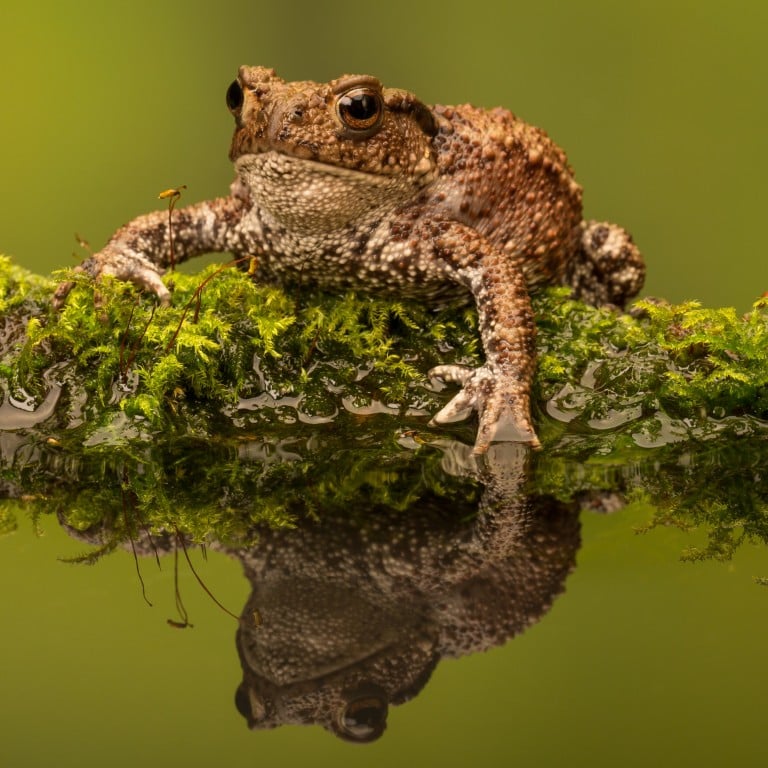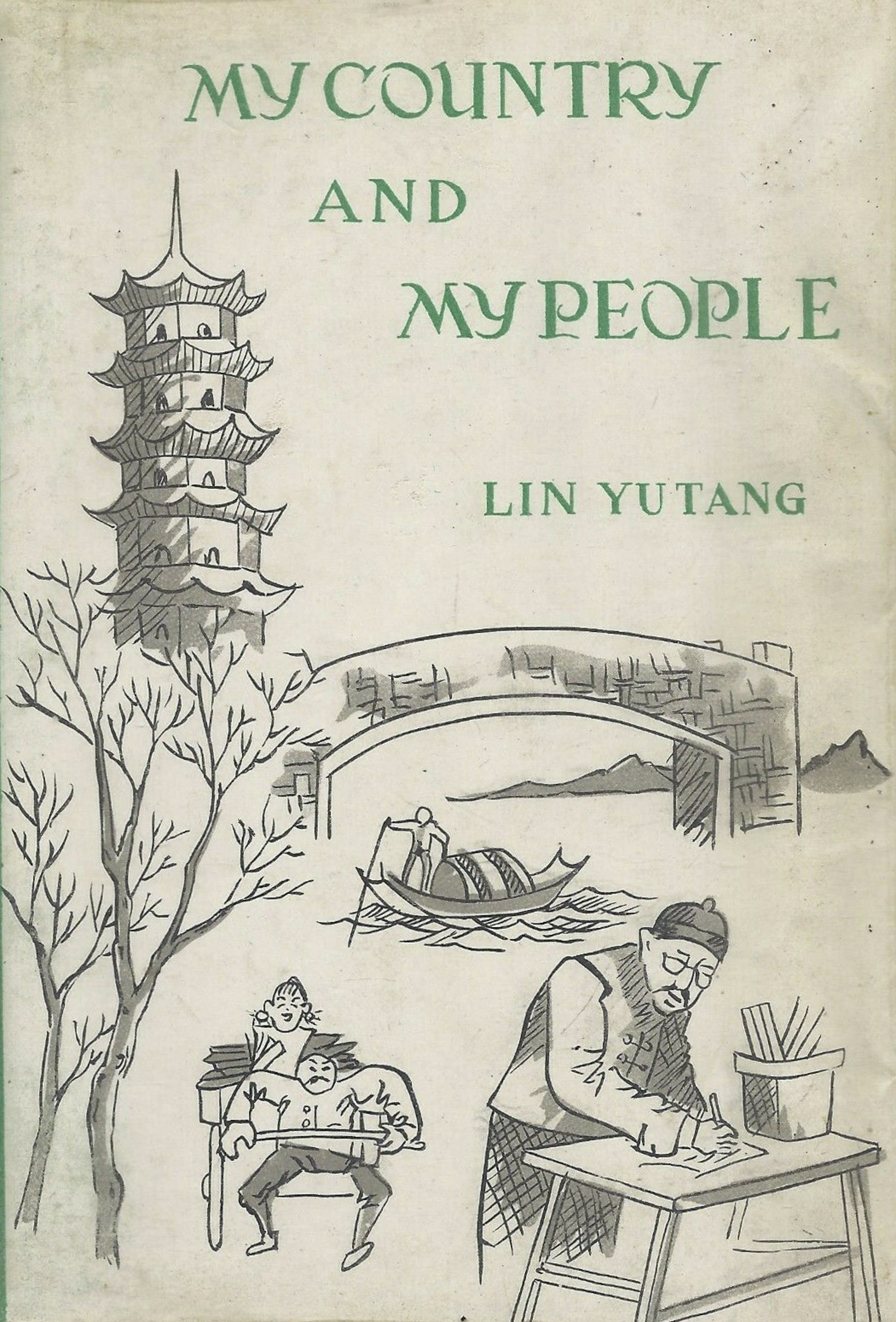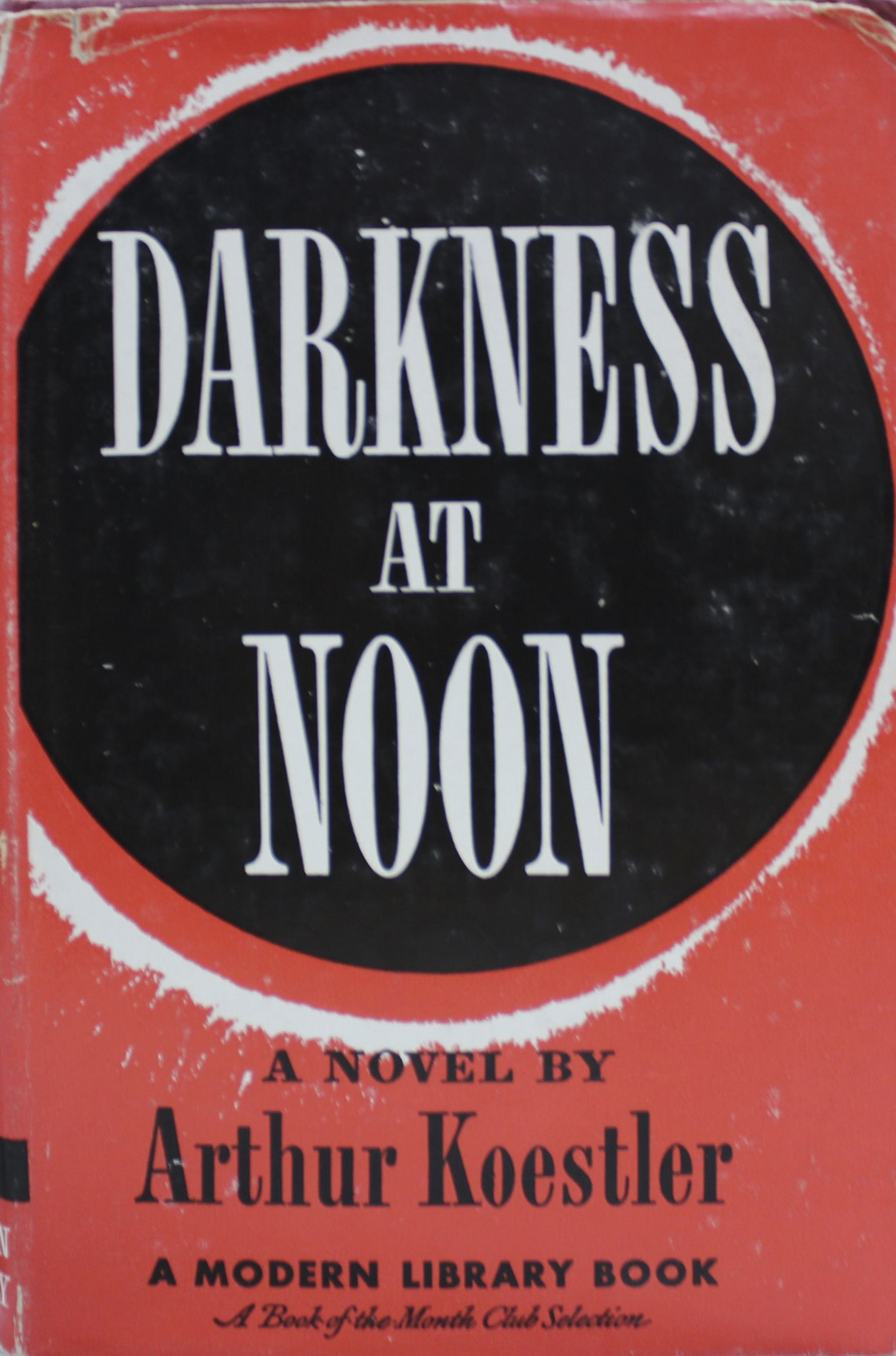
As Hong Kong’s public libraries are stripped of books once deemed inoffensive, simple certainties offer solace
- Books vanishing from Hong Kong libraries, media commentators turning silent – when you can’t read or say what you want, your inner life changes for the worse
- A nocturnal frog chorus is a reminder that today’s pond life – and their slimy spawn – will soon rot unlamented; a consoling thought that makes sleep easier
At the University of Hong Kong, long ago, the ancient Chinese chronicler Sima Qian, and his epic Records of the Grand Historian, were first introduced to me by a superb research scholar – Australian, ex-Cambridge – whose broad-based historiographical knowledge and insight was unsurpassed.
What does colonialism mean? It depends which way you look at it
Everyone has their own preferred working hours; for me, between midnight and four in the morning seems most productive. For a too-brief interlude, mosquitoes have vanished, telephones don’t ring, email messages can wait and no one suddenly wants me downstairs for needlessly urgent tasks.
At these times, my garden’s night smells and sounds are welcome intruders through the open veranda doors; just outside, Bengal’s Raat-Ki-Rani jasmine – insipid in daylight – drenches the humid air with heavy scent. From around now, several loud-but-invisible bullfrogs – each vocally distinct – boom out across my otherwise placid corner of the New Territories.
In those early hours, beyond the bullfrogs and occasional night-bird calls, all is completely still – or at least until another batch of unchecked road-racing hooligans up on Route Twisk break the silence; further evidence, as though any more was necessary, of steadily advancing necrosis in Hong Kong’s public life.
Unperturbed by petrol-head louts and their din, the bullfrog sounds brought some unexpected reflections on my own library, and what potentially offensive content may lurk within.

Lin Yutang, whose My Country and My People (1935) and The Importance of Living (1937) magnificently encapsulated China’s millennial, profoundly humane wisdom might cause some disquiet, written as they were during that too-brief, hopeful interlude between Tatar and bandit rule.
Or Arthur Koestler; Darkness at Noon (1940), closely informed by a one-time true believer’s bitter disillusion, terrifyingly described what happens when modern revolutions begin to devour their own.
Koestler’s notoriously misogynistic observation – “Communism’s true nature can be determined by the ugliness of its women” – should not bear repetition, but remains impossible to completely ignore.

And what of the 20th century’s most prescient literary seer? When George Orwell’s famous novels – Nineteen Eighty-Four (1949), most staggeringly – remain unknown in certain otherwise well-educated, influential local craniums then surely, surely, his lesser essays must be immune to threat. Or are they?
After all, in the 1946 essay “Some Thoughts on the Common Toad” Orwell wrote – his observations prompted by a toad’s sounds – “the police are prowling through the streets, the lies are streaming from the loudspeakers, but the earth is still going around the sun, and neither the dictators nor the bureaucrats, deeply as they disapprove of the process, are able to prevent it”.
Recollection of that serene indifference – prompted by the bullfrog chorus outside – swiftly brought back some essential broader perspective.
Life passes so quickly; today’s frantic cohort of insistently croaking pond life – and all their slimy, slithering spawn – will soon enough, in the way of all flesh, sink into their own sludge, and rot unlamented.
With those New Territories bullfrogs’ rowdy reassurance that all will be well again someday, a sound and restful sleep swiftly descended.

